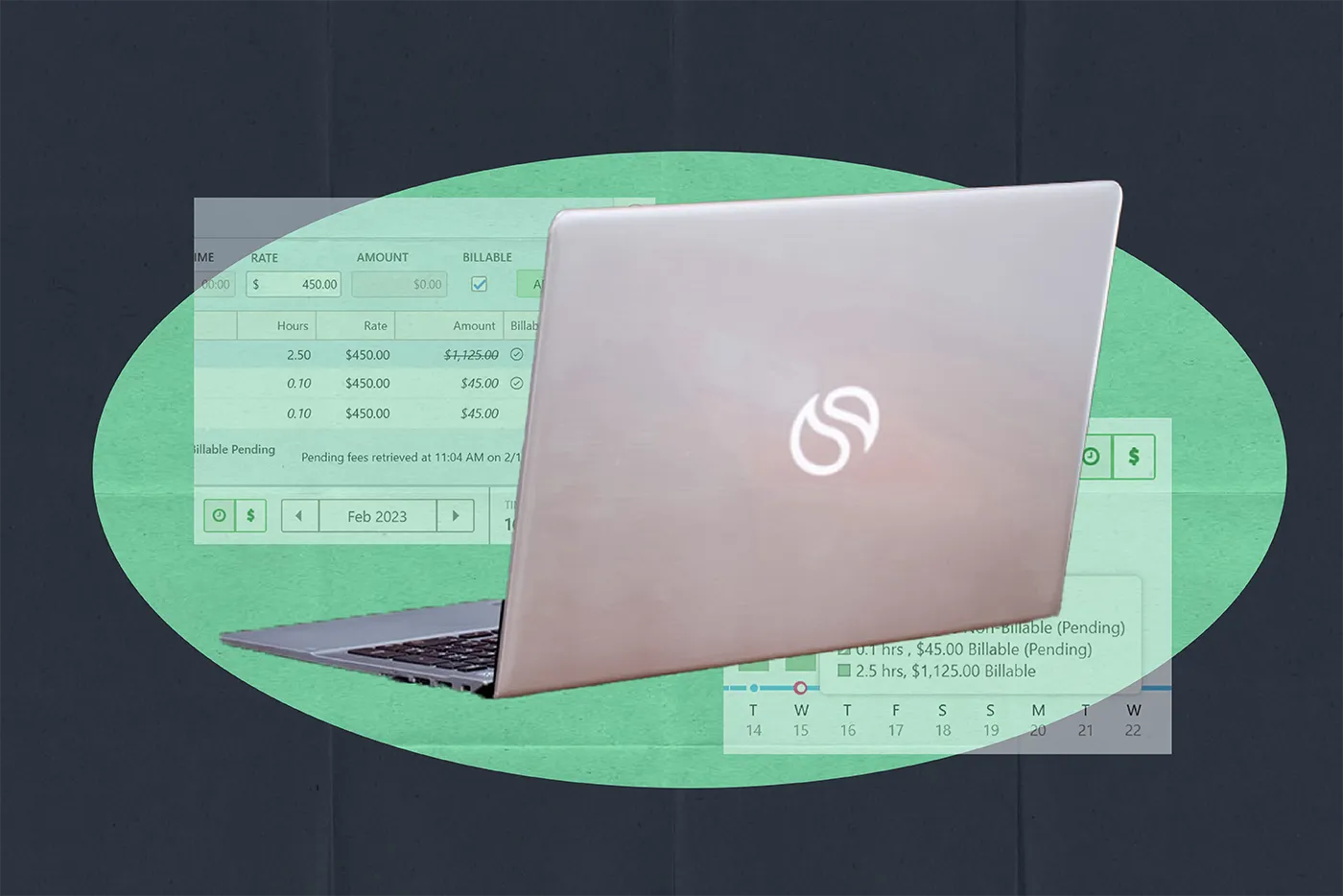What is the "new normal" for law firms?
Written by
|
June 3, 2020
Written by Smokeball
|
June 3, 2020

Written by Jordan Turk
|
June 3, 2020
The first half of 2020 has been anything but normal. Law firms—like most other businesses—began working remotely in March; closing their physical locations in April; and weathering court closures, furloughs, and other financial uncertainties by May. You’ve read all of this before; even more, you’ve lived it.
But parallel storylines have been playing out simultaneously while lawyers and paralegals have been concentrating on their own jobs. Legal workers have gotten a taste of what remote work can look like (some have even begun to prefer it), courts have been increasingly allowing electronic and virtual actions (e.g. eFiling, video depositions, and streaming hearings), and clients have begun shopping for lawyers the way they shop for goods on Amazon.
Quickly, though imperceptibly, we’ve entered a “new normal” for law firms and the legal field in general.
Whether you’ve been able to keep up and are now facing decisions about what to keep and what to retreat to, or if you’ve been holding down the fort while you eye reopening this summer, it’s not too late to plan a strategy for rethinking your business to meet these new demands from colleagues, courts, and clients.
Knowing what to keep
Most law firms began working from home and using video software like Zoom out of necessity, not preference. As a result, many faced a steep learning curve. But this learning turned out to be a great education to many, helping businesses and employees nationwide shed light on areas of improvement for communication and everyday processes.
For instance, Carolyn Elefant’s blog for solo and small law firms, MyShingle.com, ran a story based at least in part on qualitative research and anecdotal evidence she’d collected from lawyers and law firms going through the pandemic together. The post’s goal, according to Elefant, was to inspire readers that “instead of using tech to replicate our old experience[s], let’s use it to ameliorate how things have always been done and create an improved experience.” Among her suggestions she included:
- Work remotely with summer law clerks: “I can share screens and show my law clerk how to e-file a document, or we can review, markup and edit a document together.”
- Video depositions and eliminate court reporting: “[V]ideo depositions save travel time and discipline lawyers to compile documents in advance because they may need to be shipped to the witness beforehand. Zoom enables lawyers to bypass the need for court reporters, since depositions can be recorded with a click of the button and then transcribed.”
- Experiment with mediation and dispute resolution: “Lawyers should work with opposing counsel as well as judges who may want to clear their dockets to explore unconventional ways of resolving cases – such as mini-trials or case presentations before mediators.”
- Move hearings online: “Lawyers should work with opposing counsel as well as judges who may want to clear their dockets to explore unconventional ways of resolving cases – such as mini-trials or case presentations before mediators.”
Understanding the benefits and the risks
Elefant’s article largely hinges on the benefits of efficiency. The solo or small law firm lawyer is able to save time when she can do more—and work with more people—without the added time sinks of commuting or waiting. After all, no one ever accused the justice system as being overly efficient or considerate of people’s time.
But more so, her suggestions point to lowering the barriers to justice for many. Virtual internships give access to careers that some law students may not otherwise have (likewise Smokeball give its users free licenses for virtual associates.) Virtual depositions and hearings not just save time, they may save money; clients are billed less as a result of more efficient processes. Likewise, with things being recorded on video and saved (or shared) online, there is an added layer of protection related to ethics in having everything if not in writing, then written in code.
But risks come with these advances, too. The same summer associate who can collaborate virtually from her apartment can also waste hours of productivity if not properly managed. eFiling and eSigning, along with video conferencing and saving files, takes extra time and resources for lawyers using multiple software to accomplish them. Likewise clients who lack quick access to fast, reliable connectivity may not be able to maintain the same level of partnership with their legal teams when not able to meet face to face or see files in front of them.
Fortunately Smokeball addresses all of these concerns: giving lawyers oversight on how productive their colleagues are, providing eFiling and eSigning capability from right inside the software, integrating with Zoom for video conferences, and sharing communication and relevant files with clients via Communicate. Best of all, law firms can have all of these features without leaving the software plus automatically save every revision without worry about internet connectivity.
In some ways the “new normal” is simply a more fully realized version of the old normal that many lawyers had begun experimenting with over the past few years. While no one is prepared to forego brick and mortar offices or meetings with judges, there are definite ways that lawyers can be more efficient while also providing more equitable and accessible forms of justice to a greater number of people.
To this degree there is no use handwringing about the “future” of law. The future of law is already here, and always has been. What’s changed is our ability to harness the possibilities that this time in history is giving us.
Learn more about Smokeball document management for law firms:
Book Your Free Demo
Ready to see how Smokeball client intake software helps you Run Your Best Firm? Schedule your free demo!












